In the last few decades, shark exploitation has rapidly grown to satisfy an increased demand for shark fins from Asian markets[1]; between 27 and 73 million sharks are traded across global shark fin markets every year1.
Globally, shark fins are not key to food security and shark depletion has ecosystem‐wide consequences whose economic costs have not been quantified but are likely significant. Further, it is increasingly recognized that the economic value of sharks alive is orders of magnitude greater than when they are sold in fish markets[2].
In addition, shark finning is an illegal, unreported and unregulated (IUU) fishing activity in much of the world[3], which undermines effective management and conservation. As such, the GTA has agreed a ‘zero tolerance’ approach towards the practice.
Fins naturally attached (FNA) is widely accepted, in the scientific literature and in management practice, to represent global best practice in preventing shark finning and, supported by effective monitoring and compliance, to be the only way of ensuring no finning can take place. FNA avoids many of the loopholes and ambiguities which limit effectiveness and enforcement of other approaches and facilitates species identification and collection of vital data.
The GTA considers that a policy requiring the landing of all sharks with fins naturally attached is the most rigorous approach to ensuring that shark finning is not occurring.
The GTA is calling for any fisheries interacting with sharks as primary, secondary or ETP species to have an FNA policy with no exemptions in place. The fishery must demonstrate compliance with the policy with a level of monitoring and surveillance proportionate to the risk of finning occurring in that specific fishery.
We also note that a 100% nominal observer coverage (human and electronic) in a fishery should not be used as a justification to waive a FNA policy; as noted above there is a requirement for demonstration of compliance (e.g. sharing observer reports).
[1] Clarke, S. C., McAllister, M. K., Milner‐Gulland, E. J., Kirkwood, G. P., Michielsens, C. G. J., Agnew, D. J., … Shivji, M. S. (2006). Global estimates of shark catches using trade records from commercial markets. Ecology Letters, 9(10), 1115–1126.
[2] Campana, S. E., Ferretti, F., & Rosenberg, A. (2016). Sharks and other elasmobranchs. The First Global Integrated Marine Assessment, World Ocean Assessment I, United Nations, 1437–1451.
[3] https://awionline.org/content/international-shark-finning-bans-and-policies
